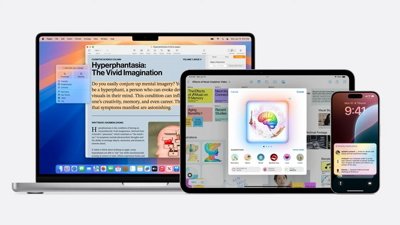The tvOS platform focuses on distributing entertainment and gaming apps. It also acts as a window to all of Apple's service platforms. Apple pitches Apple TV as the center of your living room, and tvOS enables access to the greater Apple ecosystem like Apple TV+, Apple Arcade, Apple Music, and HomeKit.
Apple has always used a custom operating system for its Apple TV line, but it wasn't until the fourth-generation model that the company introduced tvOS. The operating system's primary feature is the App Store. It allows developers to offer Apple TV apps alongside their iOS and iPadOS counterparts using the same tools provided by Xcode on macOS.
tvOS Features
Very little has changed about the operating system since it debuted in 2015 as tvOS 9. Among the few changes include 4K HDR playback on the Apple TV 4K and screen savers that take advantage of the higher-quality output.
App Store
When Apple first revealed tvOS it said "The future of TV is apps." While this never fully came to fruition, the App Store on tvOS graduated the platform from a "side project" to a full-fledged platform.
When the Apple TV App Store was first released, Apple placed a focus on cooking apps, real estate apps, and single-button games. Similar to other versions of Apple's App Store, the initial release included many junk apps for things like digital fireplaces and "premium" screensavers.
Now the store is more focused on entertainment apps for video, like YouTube, Hulu, Netflix, and Amazon. tvOS 13 introduced Apple Arcade, which can be found both in the App Store and on the Home Screen.
The addition of game controller support like PS5's Dualsense and Xbox One's Elite controller sparked more game-developer interest in the platform. While Apple TV's install base isn't nearly as high as that of gaming consoles like Playstation and Xbox, developers could see value in bringing their games to the platform. Apple's users are known for spending more on content for other platforms, a fact that could potentially lure more game-developer interest in tvOS.
Apple supports developers in making "Universal Apps," which lets apps target the iPhone, iPad, Apple Silicon Macs, and Apple TV with the same code bundle.
Siri
The Siri Remote for the Apple TV is the included input device for the Apple TV. It is made of aluminum and has a small touch sensitive jog wheel at the top. Its design is heralded as a step above the original Siri Remote.
Siri is the brains behind the Apple TV's universal search and speech-to-text input. Users can easily access Siri with the button found on the side of the physical remote or when using the iPhone as a remote.
While streaming media content, Siri supports the following commands:
- "What did they say?"
- "Skip ahead"
- "Who is in this movie?"
- "Turn on subtitles"
- "Reduce loud sounds"
- "Switch to Japanese audio"
Apps can have custom Siri commands too. For example, cable TV apps may let users change the channel by saying, "turn to CNBC."
Multi-User Support
Apple introduced multi-user support in tvOS 13, enabling simple account switching. This allows users to access personalized Apple Music and Apple TV Up Next content without disturbing each other's accounts.
In tvOS 14, Apple extended this feature to include Apple Arcade. This allows users to resume games they started before and track Game Center achievements properly.
Apple TV App
The Apple TV app is the center of the tvOS experience. The app surfaces content from all eligible entertainment apps installed on the device, offering a universal "Up Next" for content. One notable exception to this is Netflix, which allows you to search for content in the Apple TV app without displaying it in Up Next.
In the Apple TV App, users can subscribe to channels and view their content within the app. It populates automatically with previously purchased iTunes content. It will also play channel content without leaving the app.
These are the available channels within the app:
- Apple TV+
- Starz
- Paramount+
- Showtime
- Epix
- Cinemax
- A&E Crime Central
- Acorn TV
- Arrow Video Channel
- BET+
- Brit Box
- Comedy Central Now
- Curiosity Stream
- Eros Now Select
- Hallmark Movies Now
- History Channel Vault
- IFC Films Unlimited
- Lifetime Movie Club
- Moonbug Kids
- MTV Hits
- Mubi
- Nick Hits
- Noggin
- Pantaya
- PBS Living
- Smithsonian Channel Plus
- Shudder
- Sundance Now
- Urban Movie Channel
- Up Faith & Family
- Tastemade
- Topic
Users who subscribe within the app will have an integrated experience that never leaves the app's confines. Other tvOS apps can tap into Up Next and Universal Search but still launch in their respective apps. One current example of the latter is Hulu.
Netflix is one notable app that has not taken advantage of Apple's Up Next function or Universal Search. The competing platform has voiced concerns that Apple would gain insight into viewer data if its operating system had direct access to what a user watches and when.
The TV app was redesigned to reduce emphasis on Channels and provide external apps more prevalence with their own Up Next queues. A side bar now shows available content sources and Apple's digital media storefront.
HomeKit
The Apple TV is a HomeKit hub but does not have a dedicated Home app. By acting as a hub, it allows users to operate devices when away from their home network. Hubs also process more intensive tasks locally, like routines and scenes, rather than relying on HomeKit devices to do so.
Apple introduced new security-camera features on tvOS 14. When a compatible camera is alerted, it can show the feed in a PiP view on the connected TV screen. Camera feeds can also be accessed within Control Center.
Aerial Screensavers
Apple implemented screensavers recorded with high-quality equipment to show off 4K HDR content when idle. These are called Aerial Screensavers and can be set to automatically download new screensavers as they are made available.
tvOS Updates
Apple doesn't often change much about its TV platform. Typical updates include new screensavers and slight UI alterations to match changes made in iOS.
2025
Apple is expected to reveal tvOS 19 during WWDC on June 9. Not much changes for this operating system year-over-year, but a slight redesign could occur.
Rumors suggest Apple might try to add elements of visionOS to its other operating systems to bring them closer in design. It's not clear how this might affect tvOS beyond icons and buttons.
2024
tvOS 18 didn't change much about the operating system, but it does add more screensavers and a new Apple TV+ feature called InSight. The mature OS doesn't have much room for major new additions as it is a platform centered around content, not navigation.
The new screensaver options include a Snoopy one similar to the Apple Watch face. A feature that would let users set a screensaver that shows iconic Apple TV+ show locations was announced but never released.
Photos also gets a new screensaver with the Portraits option, which shows an image with a clock. An algorithm selects the best images for use on the big screen, like people, places, and pets.
InSight is a feature that only works with Apple TV+ content for now, but it lets users see information about whoever is on screen. If a song is playing, it shows up and can be added to the user's Apple Music library too.
2023
tvOS 17 added Continuity Camera for FaceTime and video conferencing apps on the platform. It also redesigned Control Center, added a new app column on the Home Screen, and support for VPN apps.
Apple Music Sing gained new karaoke abilities thanks to Continuity Camera, and Apple Fitness+ has new customizable workout options. The operating system itself didn't change, but Apple's main interface element did.
The Apple TV app has been redesigned with an emphasis on content sources. These sources show up in the side bar with the user's algorithmic "Home" view up top, Apple TV+ and MLS Season Pass next, and the digital media store last. Below that is a list of available channels and apps that connect to the Apple TV app.
This side bar redesign allows users to more easily surface content based on where it is located. The Home section showcases all content sources with curated lists and an algorithmic "For You" section below the Up Next queue.
2022
Apple announced tvOS 16 during WWDC in June with minor updates to the platform. The underlying system is used to power HomePod, so HomeKit improvements and Matter support were included in the update.
New suggestions for users based on iCloud Family will appear in Control Center. Also, the HDR10+ format was included with the update.
The Nintendo Switch controller format is now supported, so Joy-Cons can be connected to play games and navigate the UI. Each Joy-Con in a pair can be connected, and the Apple TV will recognize the pair as a single controller.
2021
Apple's operating system updates in 2021 focused on social features as a result of the ongoing pandemic. tvOS 15 gains access to tools like "Shared With You," which shows content shared in iMessage in TV apps, and SharePlay, a FaceTime function that lets users access apps and media together.
The machine learning algorithms used to recommend content within the Apple TV app will now take into account the entire family's taste. Users can customize this interaction and see recommendations for just the parents or include the kids based on their iCloud synced viewing history.
The most notable addition is support for Spatial Audio when listening to the TV's audio on AirPods Pro and AirPods Max. The AirPods use gyroscopes to intelligently determine which direction the user is facing, then let them turn their head to hear Dolby Atmos audio from different directions.
Connecting AirPods to the Apple TV is also easier than ever. If a user is wearing a set of AirPods without any audio playing the Apple TV will prompt them to connect by pressing the TV button. This is much faster than opening the sound output menu.
2020
Apple updated its Apple TV platform to tvOS 14 in September 2020. The update added 4K HDR YouTube support, allowing users with compatible televisions to watch the streaming service in higher quality.
It also added better Picture-in-Picture support. Among other uses, PiP allows users with smart home security cameras to watch those feeds in a small corner of the screen.
The update also adds audio sharing for H1-equipped headphones like AirPods along with AirPlay support for 4K video.
tvOS 14 also added an updated Control Center. Users can access it by holding down the remote's Home button. Control Center allows for quick user-switching, viewing the currently playing Apple Music song, audio controls, search, HomeKit camera control, and putting the Apple TV to sleep.
The update also adds support for Microsoft Elite 2 and Adaptive Xbox One controllers.
2019
Apple launched tvOS 13 in September 2019. The update included a heavy gaming focus, adding Apple Arcade and support for Xbox One and Dualshock 4 (PlayStation 4) controllers.
Additionally, it offered a series of new underwater screensavers. They display animated views of fish, barracuda, and seals. Apple produced the screensavers in conjunction with the BBC.
The 2019 update was the first generation to included PiP support and multi-user support. It also added the ability to view Apple Music lyrics in real time.
2018
In preparation of the Apple TV+ launch a year later, tvOS 12 included a redesigned TV app. It shifted to a cleaner design and improved content algorithms.
tvOS 12 also took aim at the arduous task of entering passwords on a TV. When using the Remote app from an iPhone or iPad, the update allows you to use Password AutoFill from the connected device. The feature works the same as auto-filling a password for an iOS app.
This version of tvOS first added Zero Sign-On. An upgrade over Single Sign-On, Zero Sign-On auto-detects the user's cable provider through their broadband connection.
The update also added support for Dolby Atmos audio and Siri in third-party remotes.
2017
Apple's tvOS 11 updates added automatic conversion of HD iTunes movies to 4K where possible. It also added HDR support with HDR10 and Dolby Vision.
The 2017 update enabled AirPods quick switching and made upgrading to another Apple TV easier with the addition of Home Screen Sync.
tvOS 11 added support for AirPlay 2 and the HEVC and HEIF video and image codecs.
2016
tvOS 10 updates included an updated TV app and light/dark modes theming.
The 2017 firmware also debuted Single Sign-On (SSO) for cable TV apps. It lets you authenticate your cable account, instantly unlocking access to all the streaming apps that require a cable account. The feature arrived on iOS 10 the same year.
tvOS 10 also added HomeKit control via Siri and iOS handoff of text entry.
Apple Music's UI also saw an update this version. Notification badges round out the year's significant changes.
2015
tvOS 9 was the first version to support the App Store, app organization, app switching, folders, Siri, and other changes that pushed Apple's television operating system into the next generation.
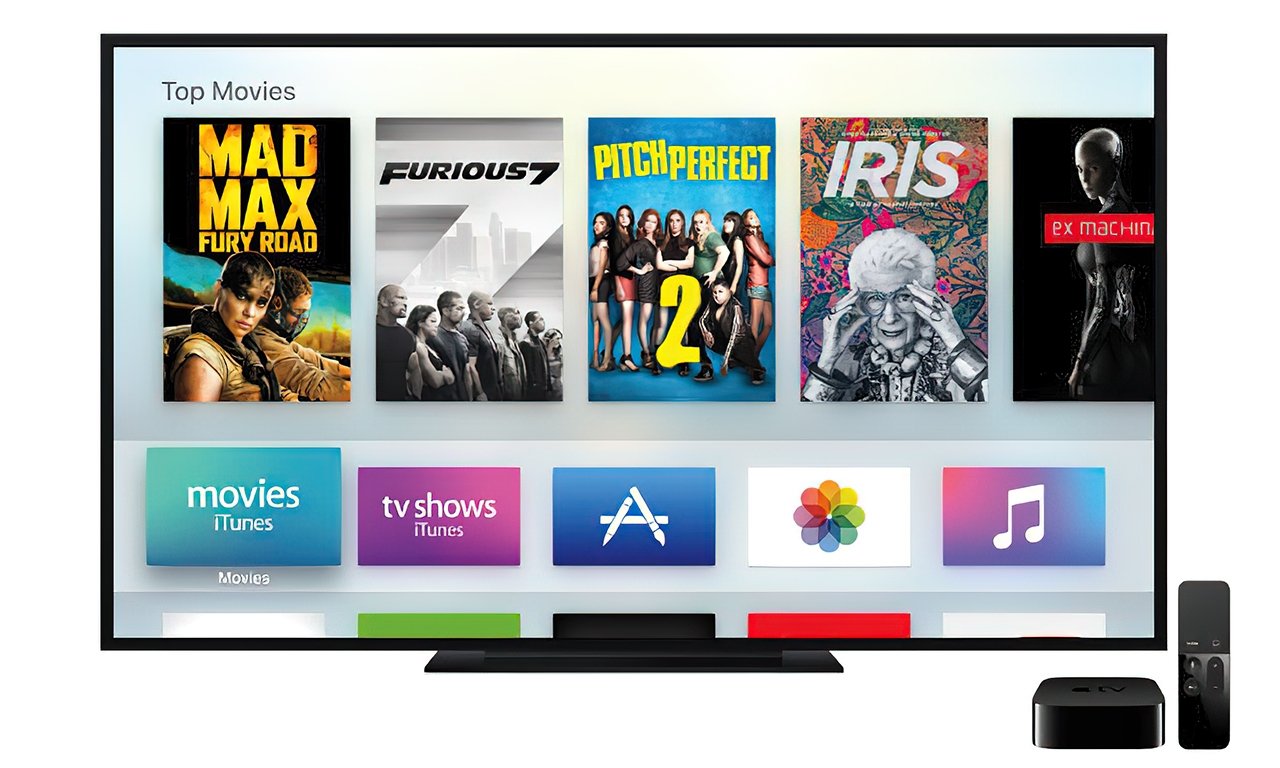 Though it was called tvOS 9, the 2015 software for the fourth-generation Apple TV launched Apple's television platform into the next generation
Though it was called tvOS 9, the 2015 software for the fourth-generation Apple TV launched Apple's television platform into the next generationOther features included Dictation via the Siri Remote in text fields, iCloud Photo Library, and third-party game controller support.
The third-generation Apple TV ran a modified version of iOS, and developers had to submit apps in a specific way to get approved for access to the operating system. This meant that users only had a few streaming apps to choose from with no ability to add more. Developers had to conform to Apple app design to add their apps.
Apple moved to a dedicated operating system called tvOS for Apple TV 4. While it was the first version with the tvOS name, it started off with version 9. This corresponded to the iOS version from the same generation.
The move to tvOS brought the Apple TV up to a fully supported platform with apps and an App Store.
Apple fought to have its Siri Remote be the primary, if not only, controller for the Apple TV. Gaming on the device never quite recovered from Apple's insistence that all games be playable with the Siri Remote.
While Apple has since reversed this rule, supporting various gamepads including Sony PlayStation and Microsoft Xbox gamepads. Adding Apple Arcade also attempted to make up for lost gaming ground. However, mobile ports from popular franchises like Grand Theft Auto and Final Fantasy have never made it to the platform, despite their availability on Android TV devices.
Apple has yet to make any tvOS changes that turn it into the future of entertainment as the company had envisioned it. However, Apple has not abandoned the platform either. New changes in hardware, support for Microsoft and Sony gamepads, and the addition of Apple Arcade could help developers and customers alike return to the TV ecosystem.
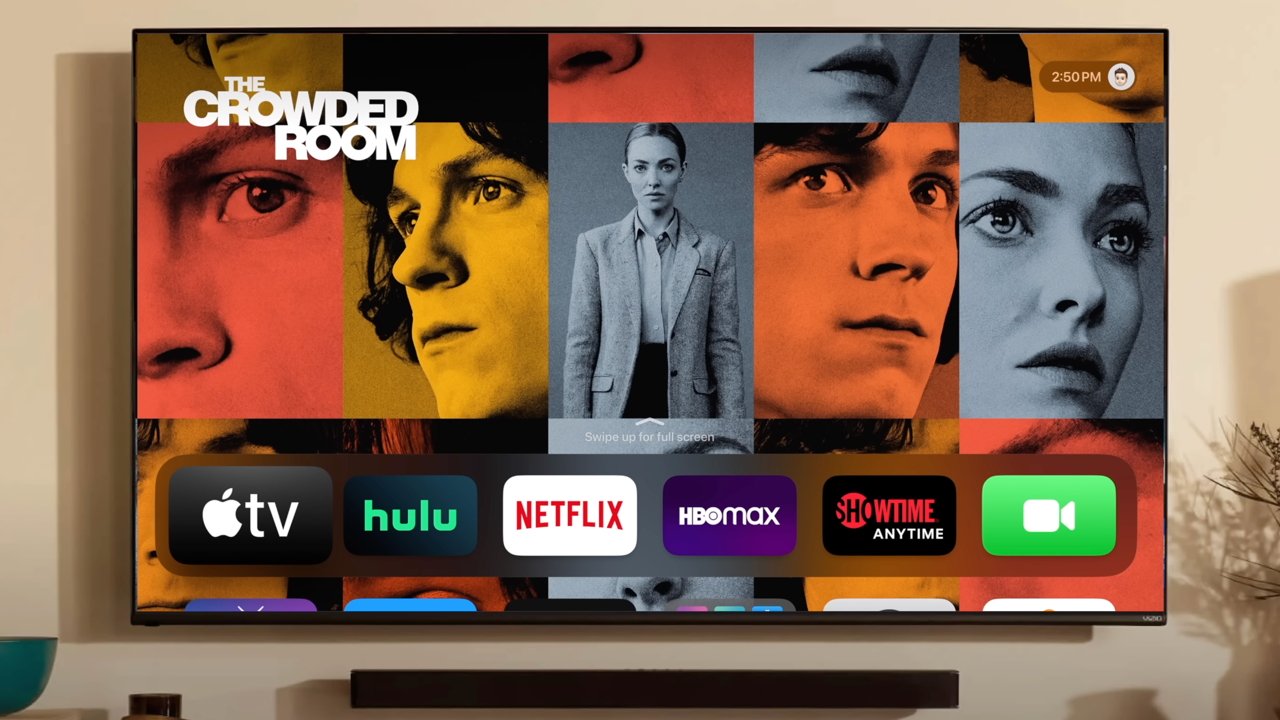
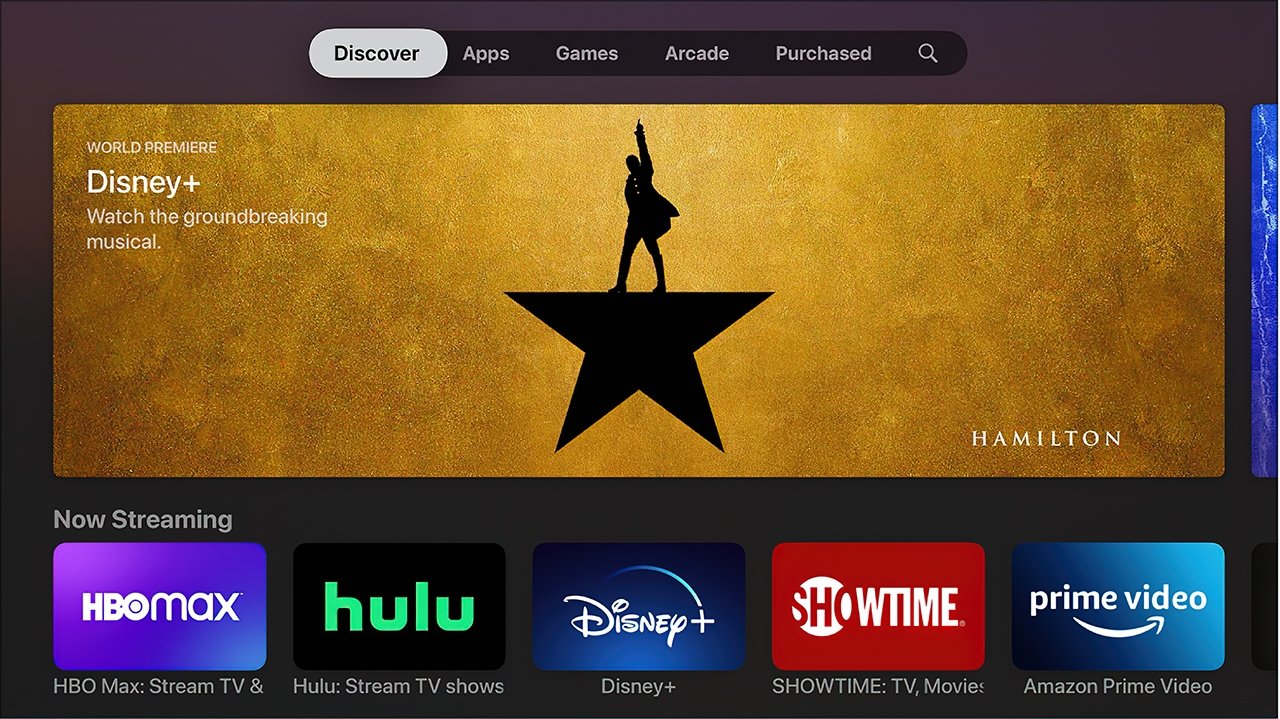
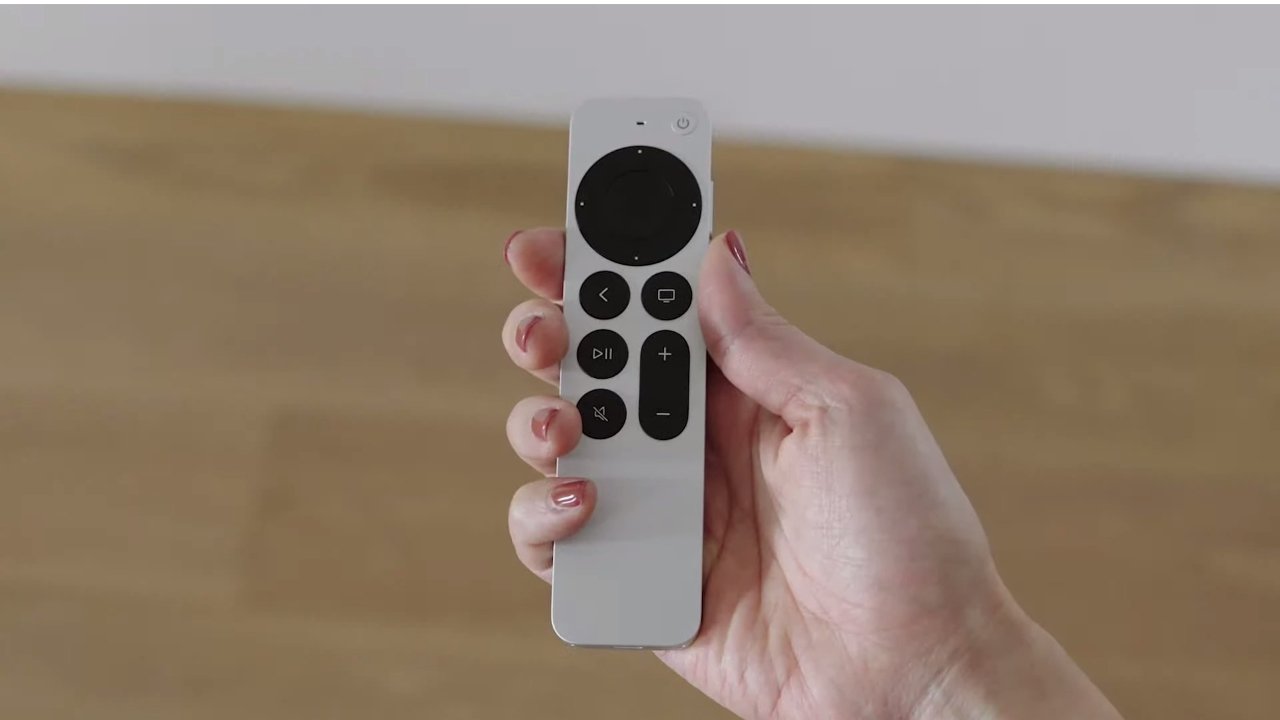
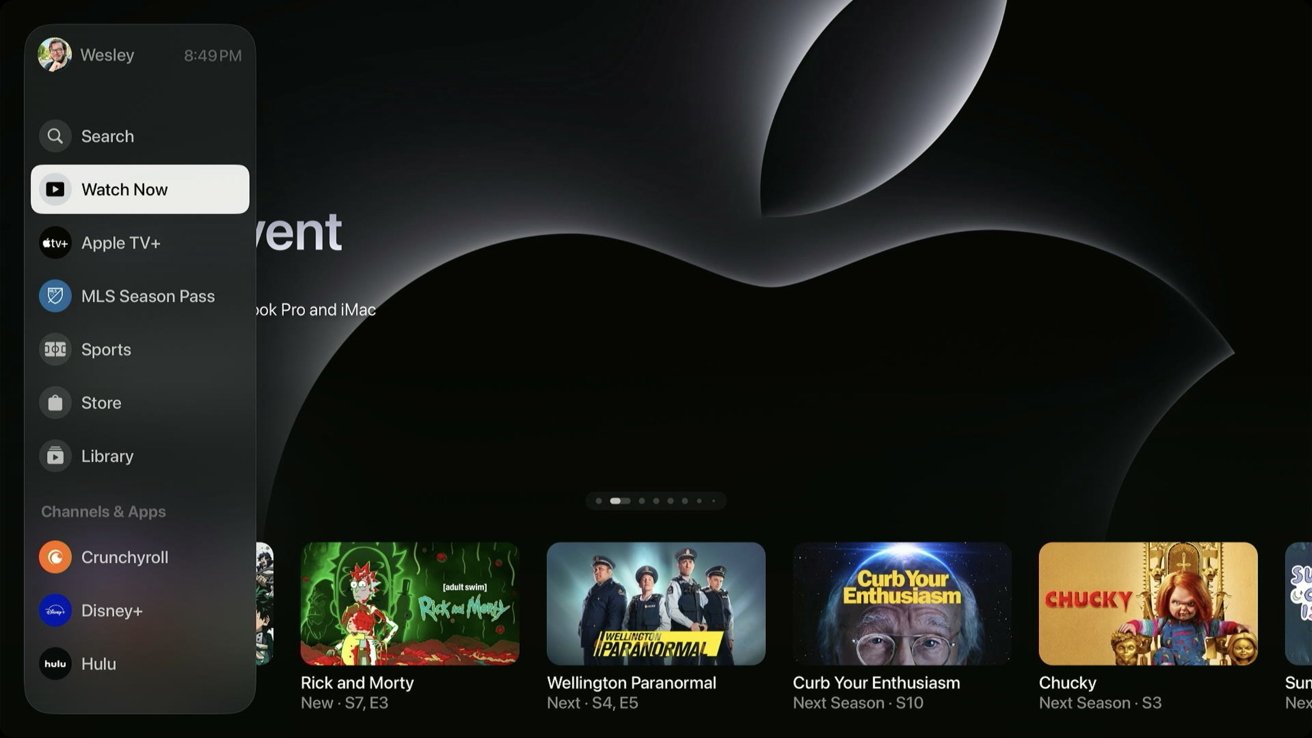








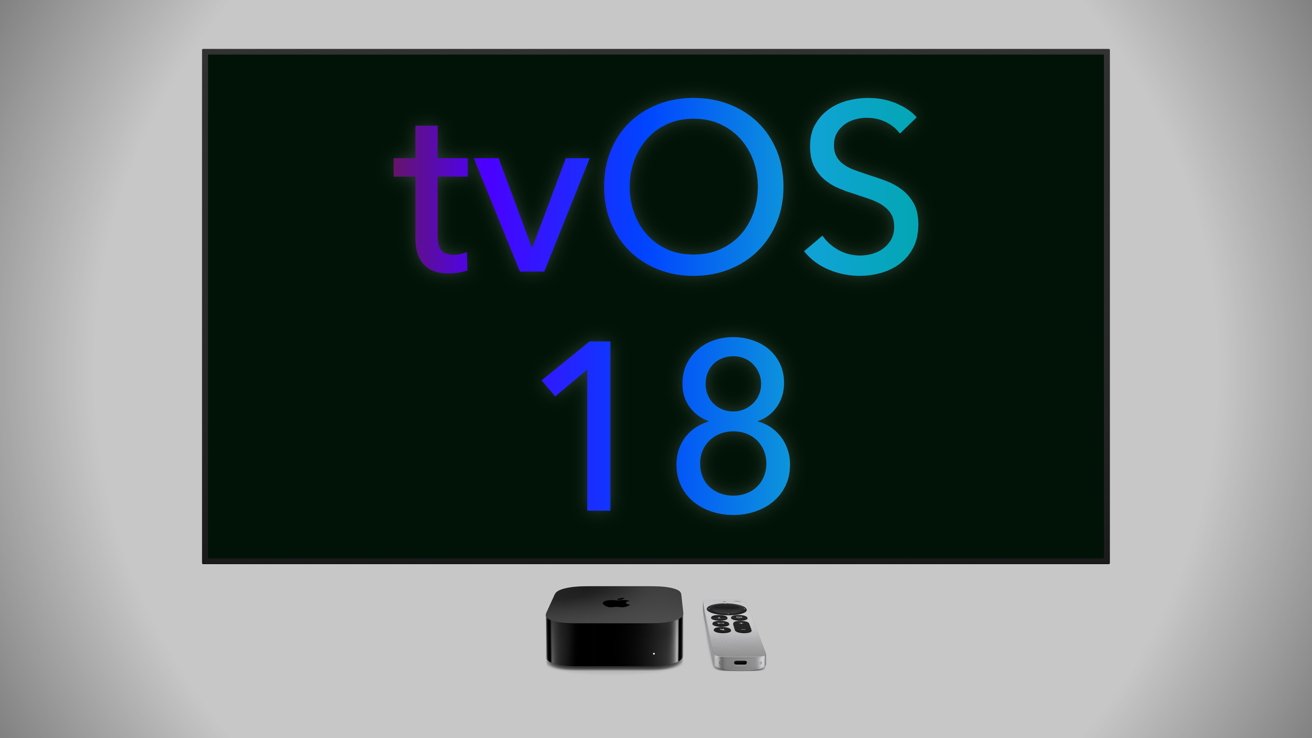
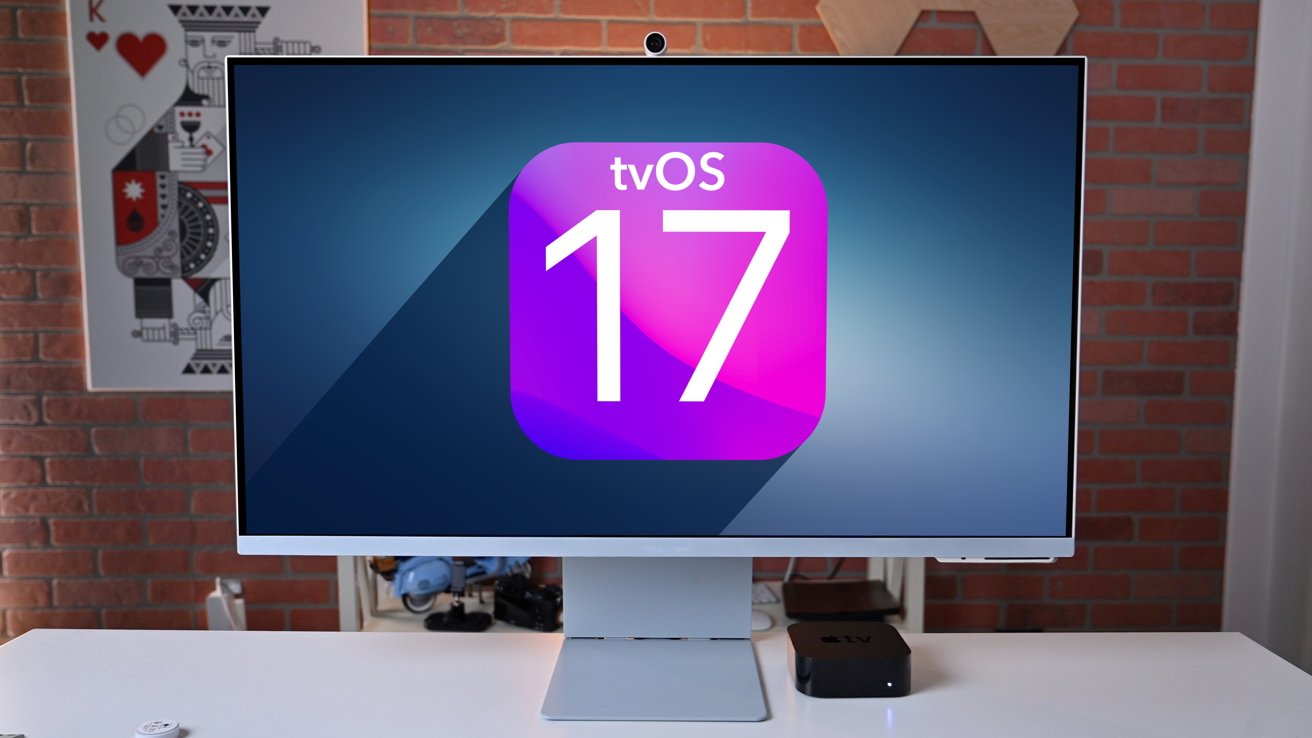
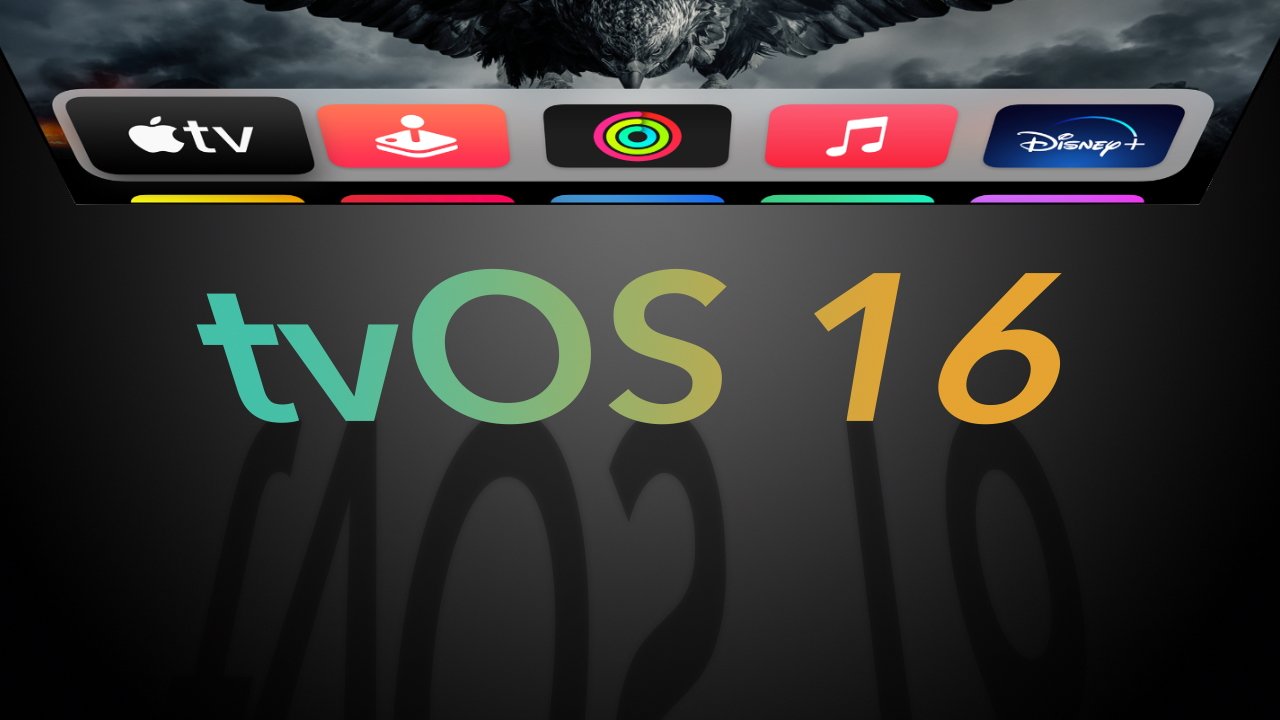
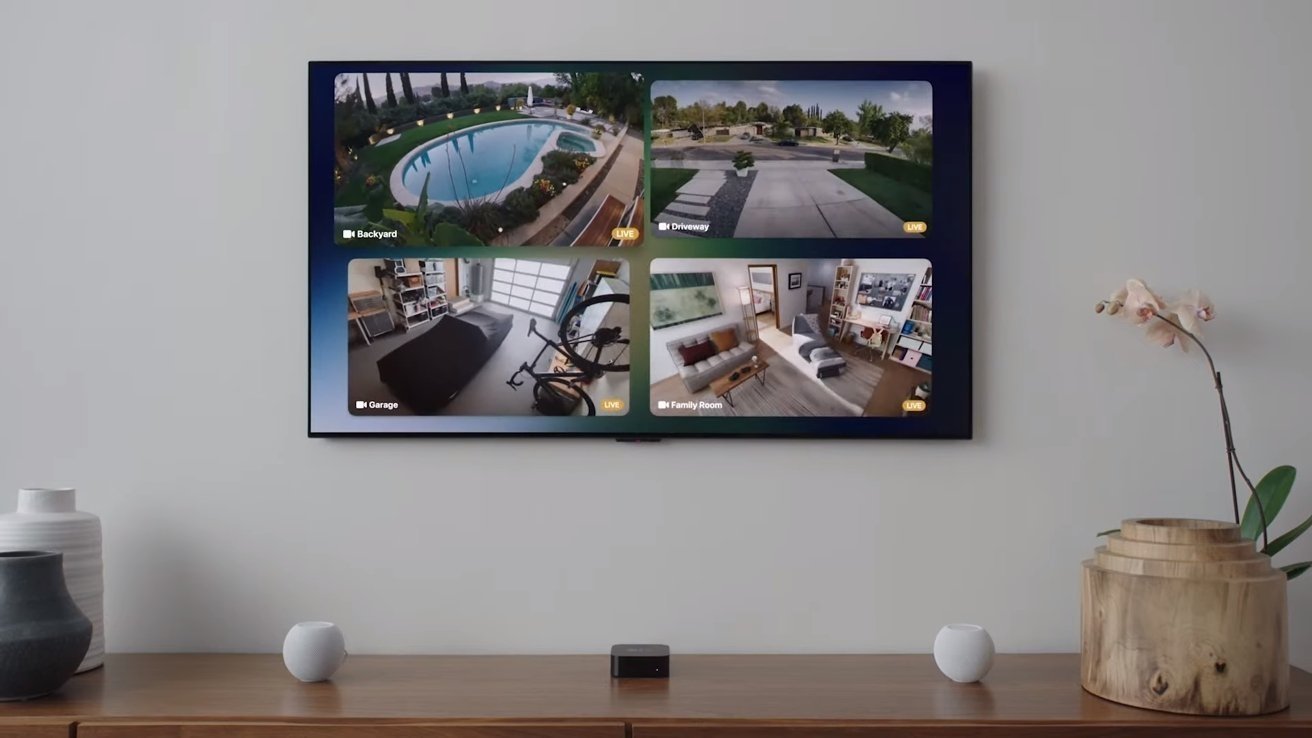
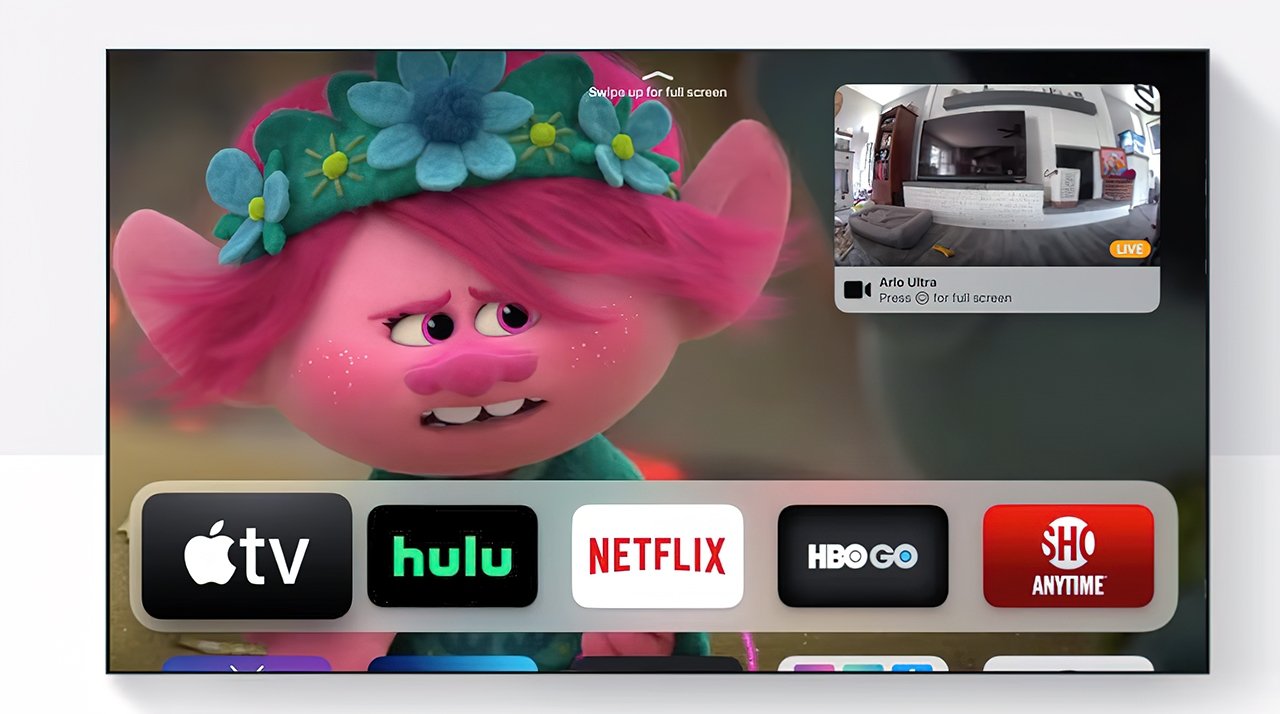
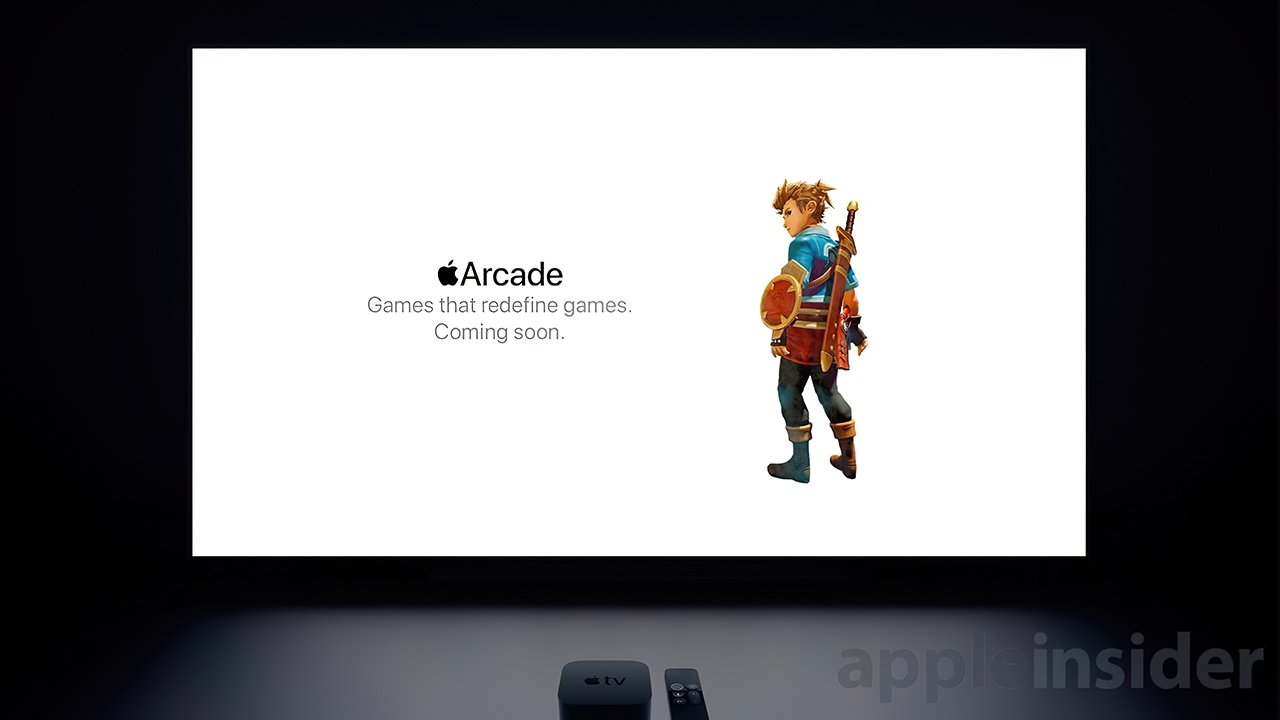
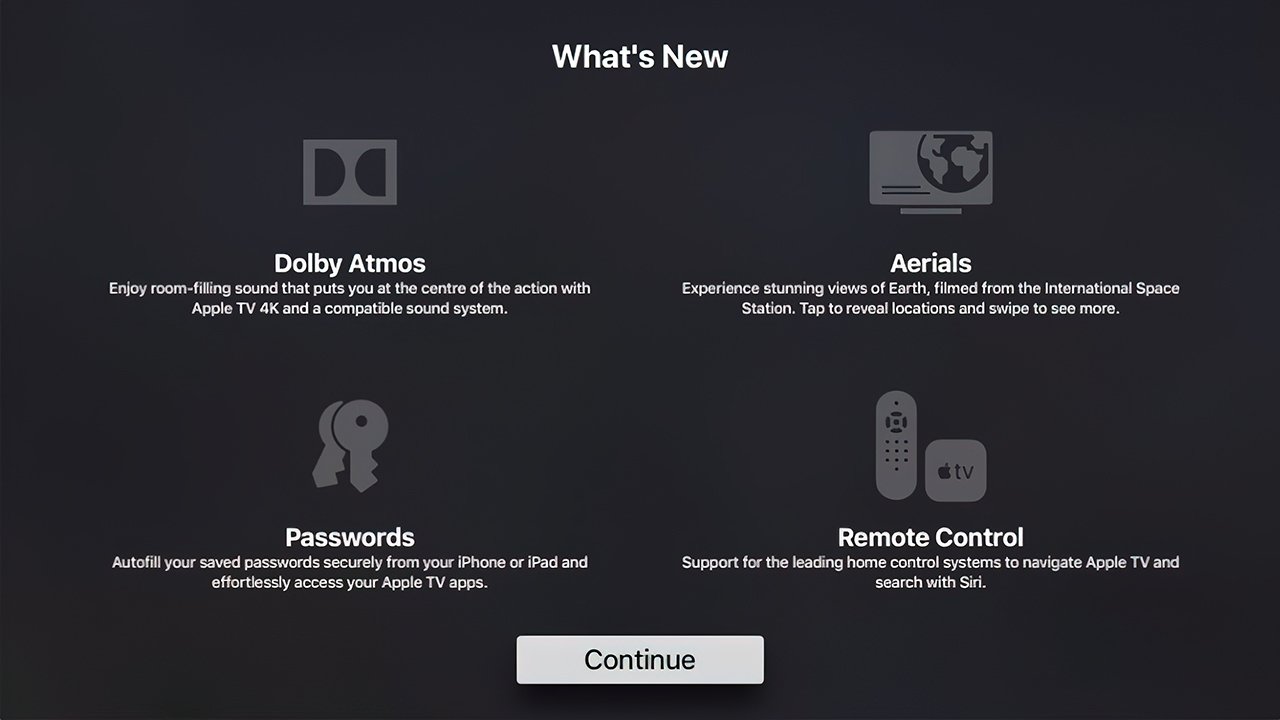
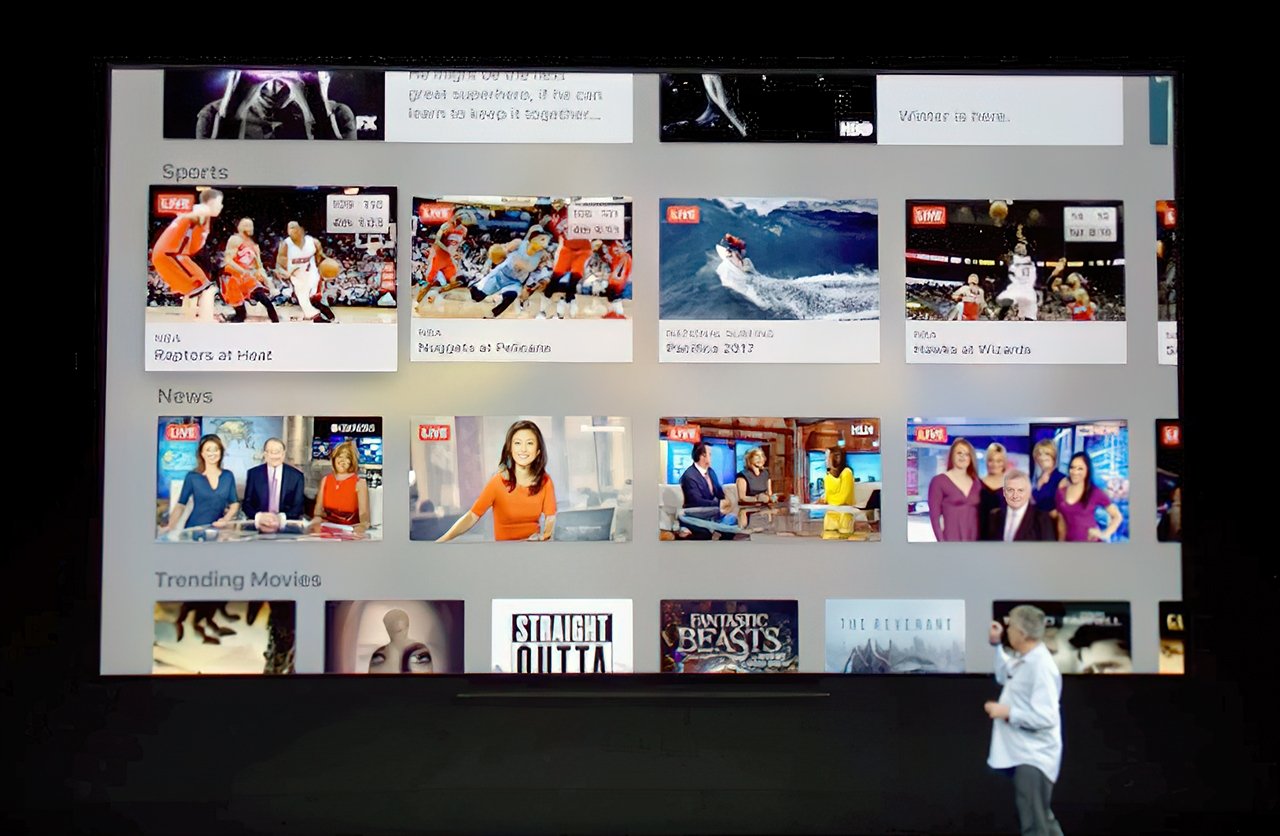
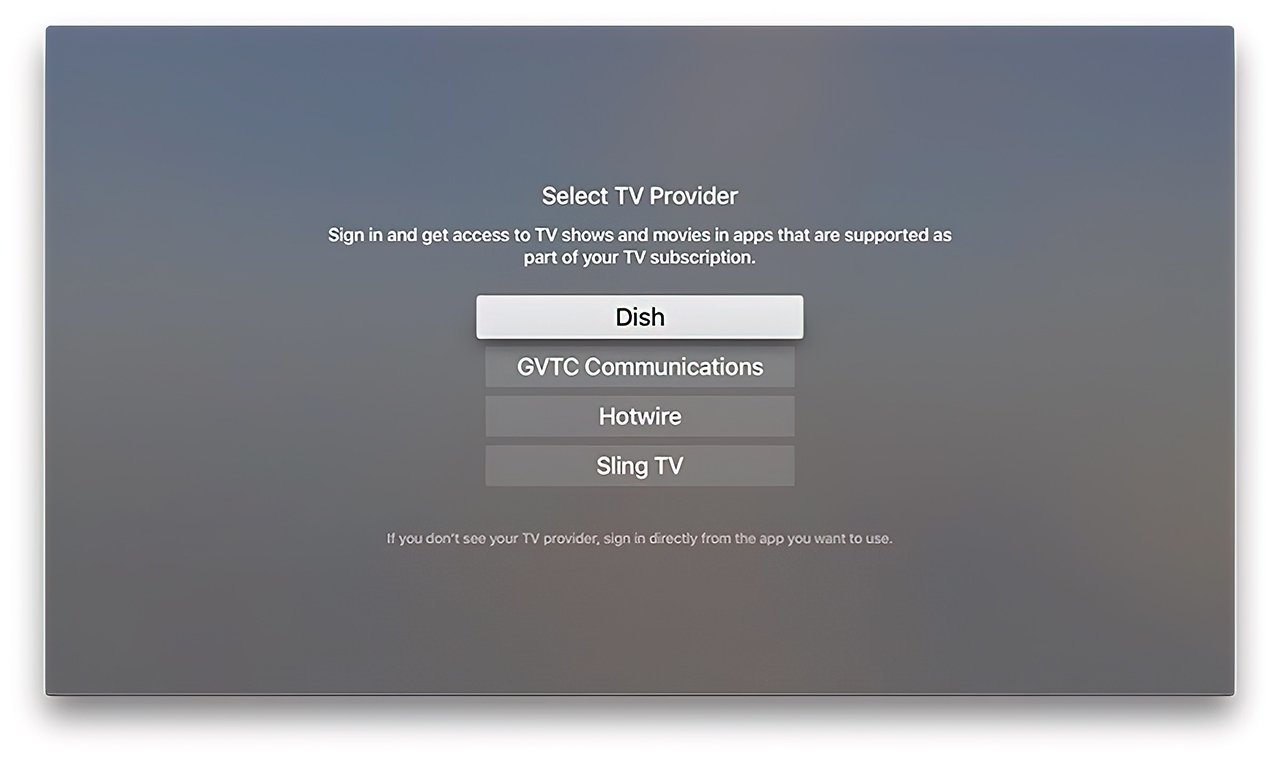


 Malcolm Owen
Malcolm Owen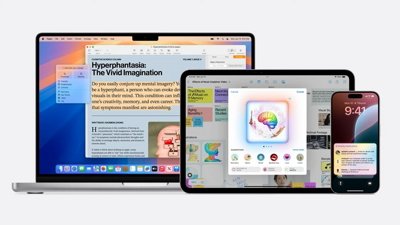

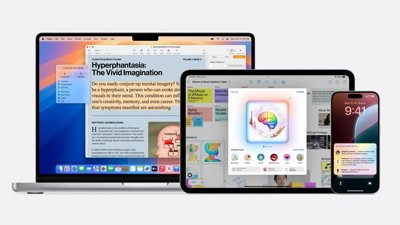
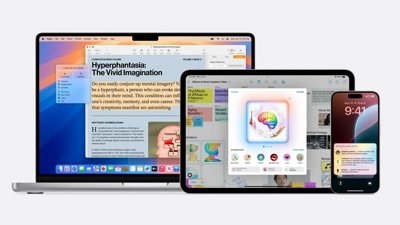
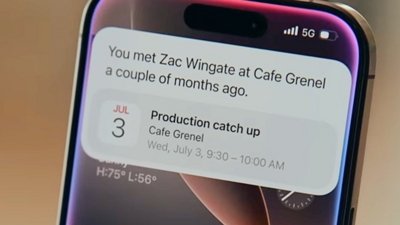
 Charles Martin
Charles Martin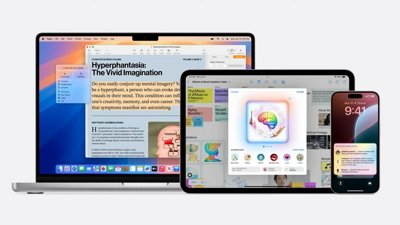
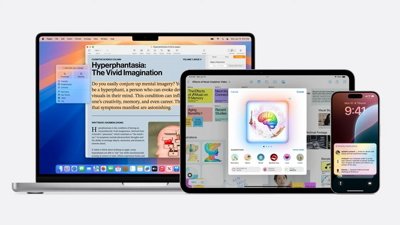

 Andrew O'Hara
Andrew O'Hara